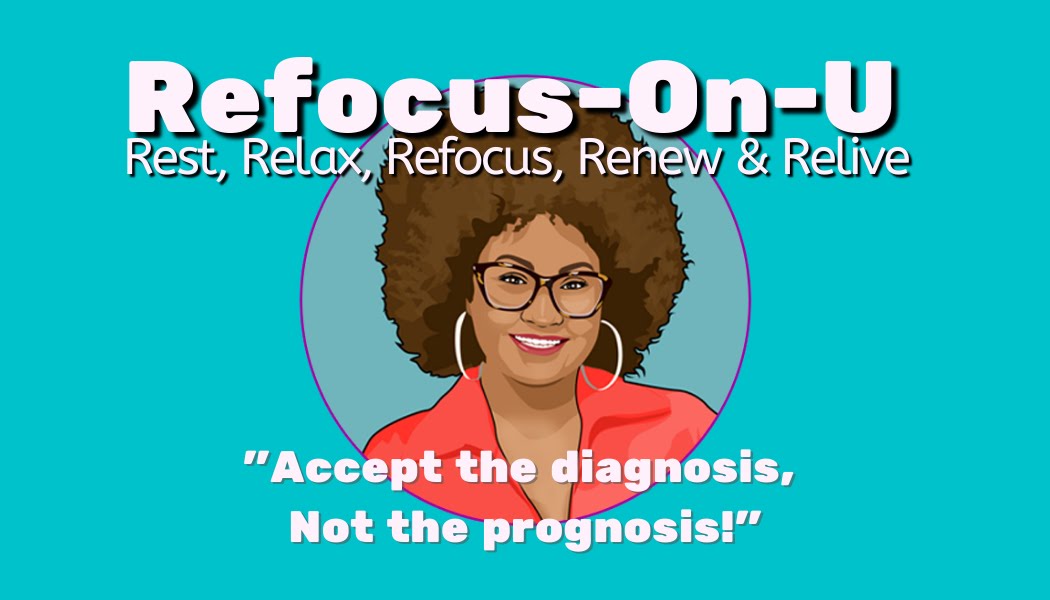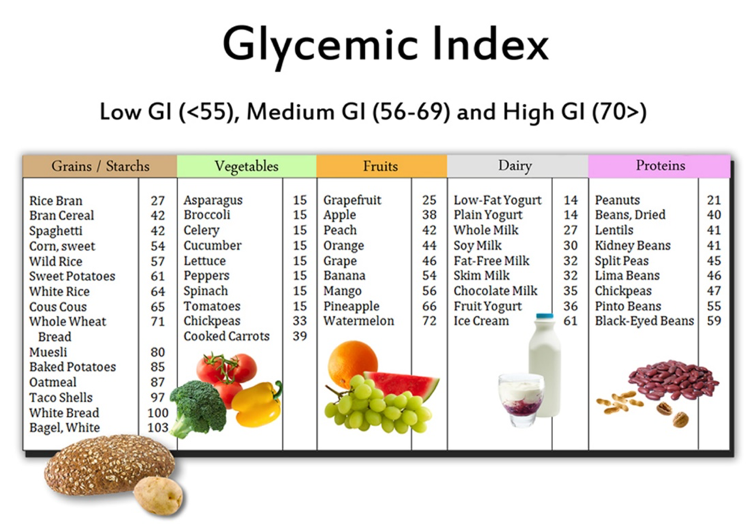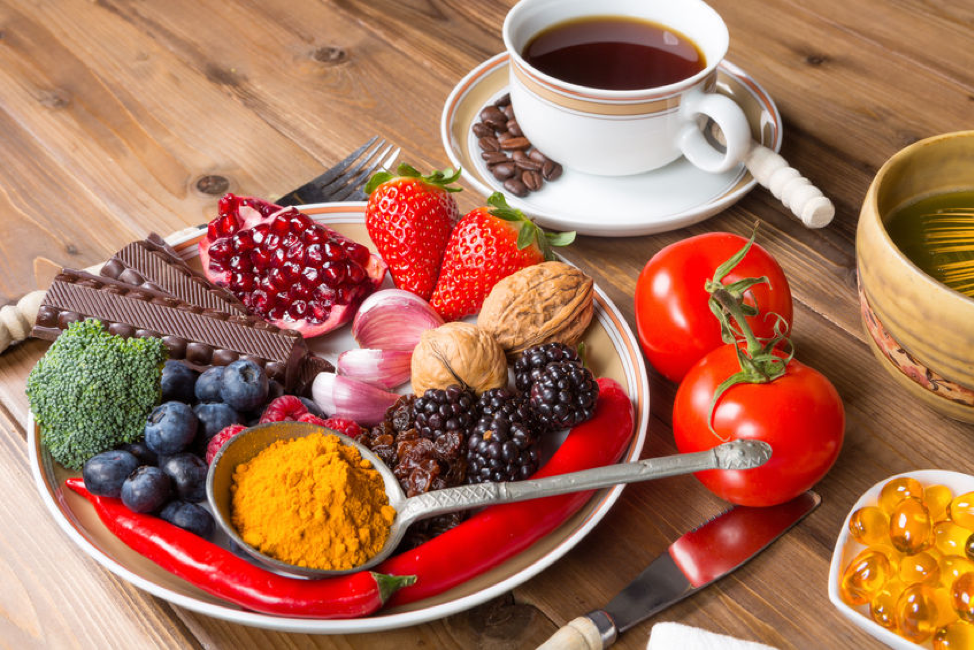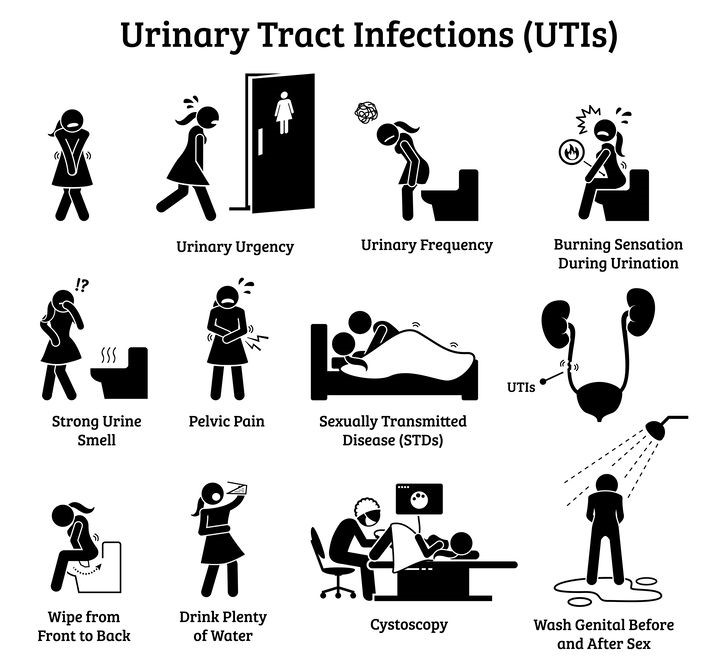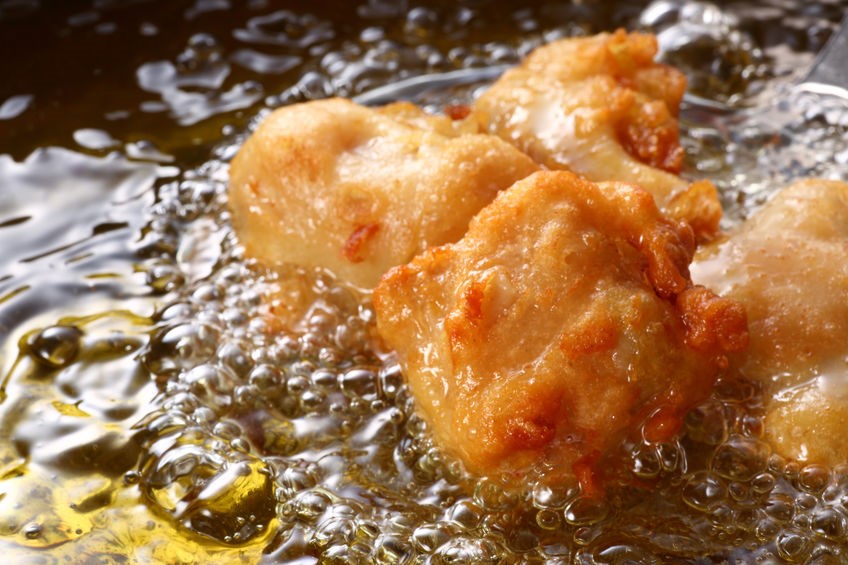A proper diet is necessary for a healthy life. No matter what you want to achieve, whether you are looking to lose weight, or gain some muscle, or want to feel good; a healthful diet on top of exercise and rest are the things that vital or that purpose. A proper diet also helps you avoid numerous diseases, however, to make a good diet plan, you need first to understand what each kind of food does to your blood sugar. Different foods have different effects on blood sugar levels, and today we discuss how foods affect your blood sugar.
First, we understand what blood glucose or blood sugar is. It is the compound that we end up with once our body digests food. This sugar is circulated into the bloodstream and goes all over the body, it provides energy to the body, and excess blood sugar is stored in cells for use at a later time. However, too much of it can be very harmful to the body, in fact, High levels of blood sugar cause type 2 diabetes. If left unmanaged this can cause further problems of the heart, kidneys, eyes and other parts of the body.
https://healthjade.com/what-is-glycaemic-gi-index/
The Glycemic index given above categorizes the foods into three categories.
Eating process:
Whatever you eat is broken down into parts, and these parts are then used up as the body requires. These parts are given as follows:
- Proteins
- Vitamins and Minerals
- Carbohydrates
- Fats
The part that gets converted into blood sugar are the carbohydrates or just carbs for short. The more carbs you eat, the higher the levels of blood sugar you will have due to digestion and absorption of the food. The state of the carbohydrates is a factor as well, carbs in liquid form are more quickly absorbed and converted into blood sugar than solid food. For example, if you were to have a plate of pasta with some soda, the soda will have become part of the bloodstream much sooner than the pasta. The rest of the components mentioned do not affect your blood sugar levels. Fiber does not affect at all, despite being a carbohydrate, that is because it cannot be digested at all, but it is vital for your health.
High-Carbohydrate Foods produce the most blood sugar:
Foods that are high in processed carbs generate the most blood sugar. Some of these foods are given as follows:
- Cookies
- Sugared Drinks
- White Bread
- Processed Cereals
- White Grain Products such as pasta and rice
Though they do generate the highest amounts of blood sugar, you do not need to avoid them for healthy living. If the portion size is balanced, then you will be fine. Mixed meals that are balanced in nutrients are the key here. You should have a balanced diet, to begin with, but in this case, it is twice as valuable. Foods such as protein, fats, and fibers help slow down the digestion of carbs and so will also reduce the spikes in blood sugar after you eat.
The frequency of food intake is also a factor here if you binge eat and frequently then your blood sugar is likely to spike. However, if your food take is limited to eating every 3 to 5 hours, then your blood sugar levels may be consistent. Three meals a day with a couple of snacks is a good standard. If you have diabetes, then your doctor will set the number of carbohydrates you can have when you eat. A qualified dietician will also help you.
Effects of exercise on blood sugar:
As mentioned before, the primary purpose of blood sugar is to provide energy for the body and when a person exercises, that energy is used up rapidly. If you have excess blood sugar then exercising is one of the best ways to regulate it. However, it depends on the intensity and duration of the activity. Exercises like HIIT and Weight Training will help you lower your blood sugar levels for many hours even after the exercise is over. This also makes your body more sensitive to Insulin (your body’s natural blood sugar regulator), and your blood sugar will remain within acceptable ranges. However, if the blood sugar goes too low, you can faint.
How does Insulin help:
As mentioned earlier, Insulin is your body’s natural blood sugar regulator. It is a hormone that is produced by the pancreas and helps control blood sugar by helping out cells that absorb sugar from the bloodstream. Diabetes is a disease that affects insulin production and in doing so, the blood sugar levels in the body. In Type 1 diabetes, the body does not make insulin to begin with, and the patient has to take insulin. In Type 2 diabetes, the body does produce Insulin, but it is not utilized correctly or may not be enough. As mentioned before, exercise is a factor that can help cells react better to insulin; a proper diet can help as well.
Watching your diet:
Carbohydrates and blood sugar are still necessary for the body to function properly. Carbs provide calories and energy but they are not the only thing to do so, there are proteins and fat that produce these substances as well. If more calories than needed are consumed, these calories will be converted into fat and you will end up gaining weight. The more weight you gain, the less sensitive your body is to Insulin and we know what happens then. In order to regulate blood sugar in your body, make sure you include these foods in your diet:
- Cabbage,
- Peas and Asparagus
- Lettuce,
- Oats
- Lentils,
- Apples and Pears
- Cherries
- Wild strawberry
- Bananas
These foods should be included in your diet to regulate blood sugar in your body. Furthermore, the following foods contain hormone similar to Insulin:
- Garlic,
- Onion,
- Red Chicory,
- Dandelion,
- Chicory and Chicory.
A balanced diet is exemplary for your health, and we believe that careful selection of food is essential in that.
